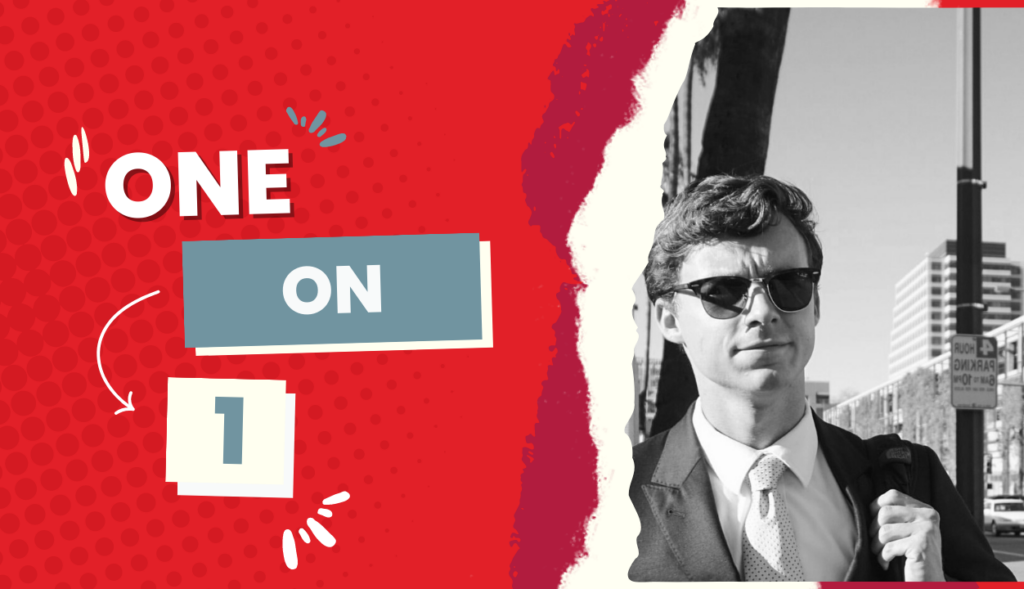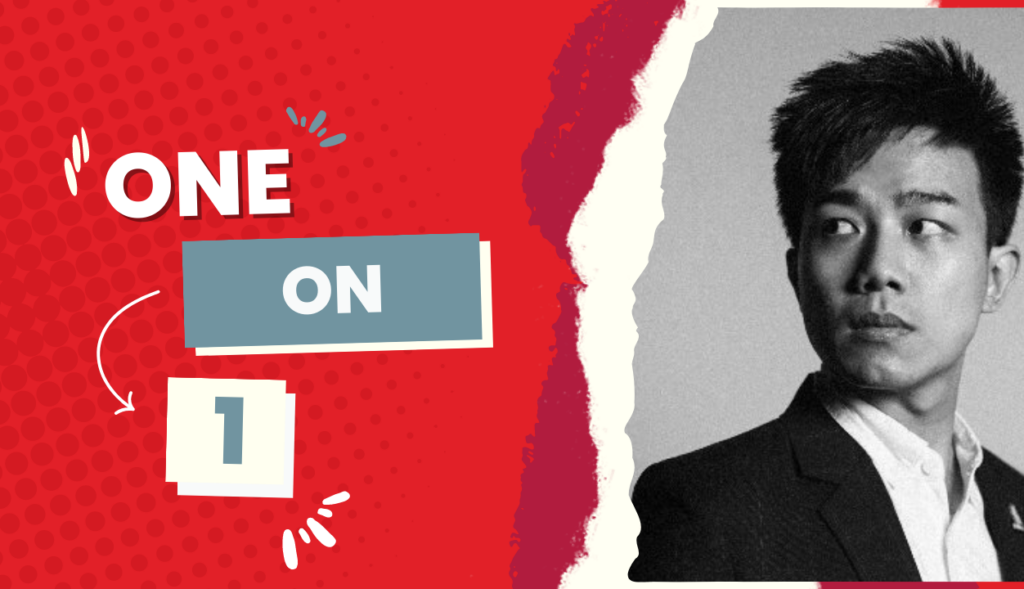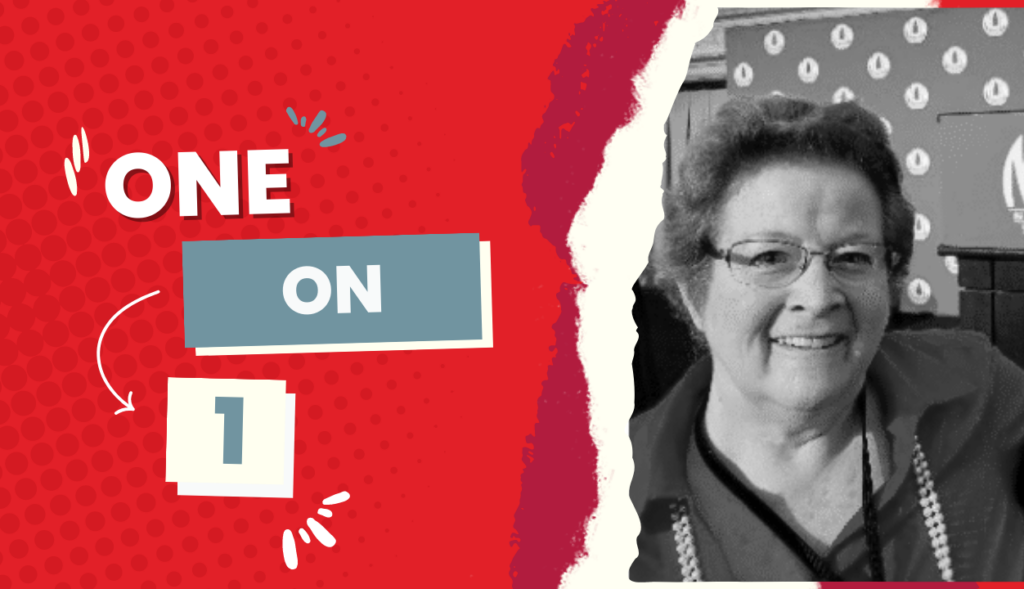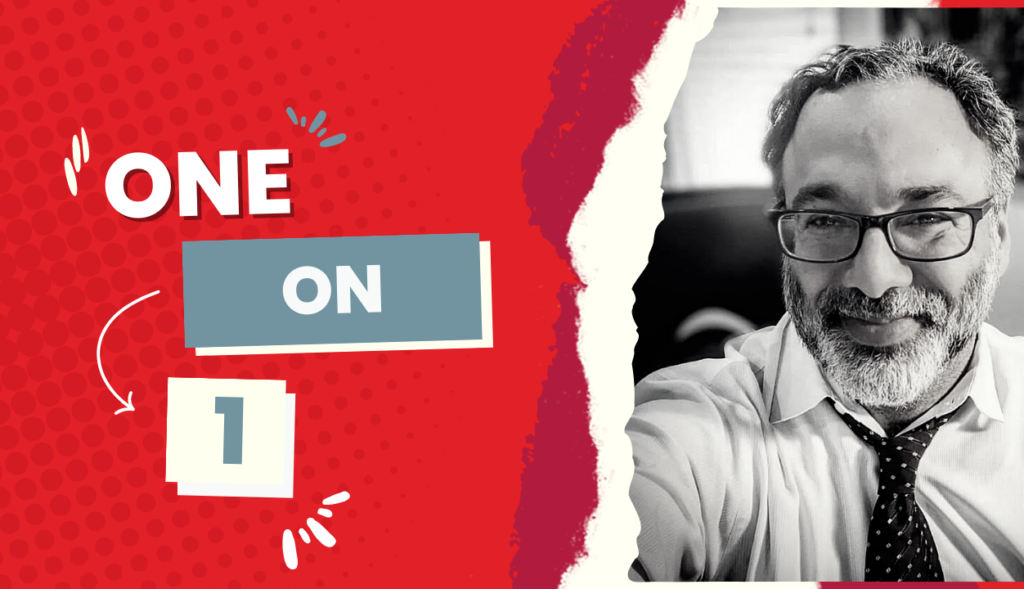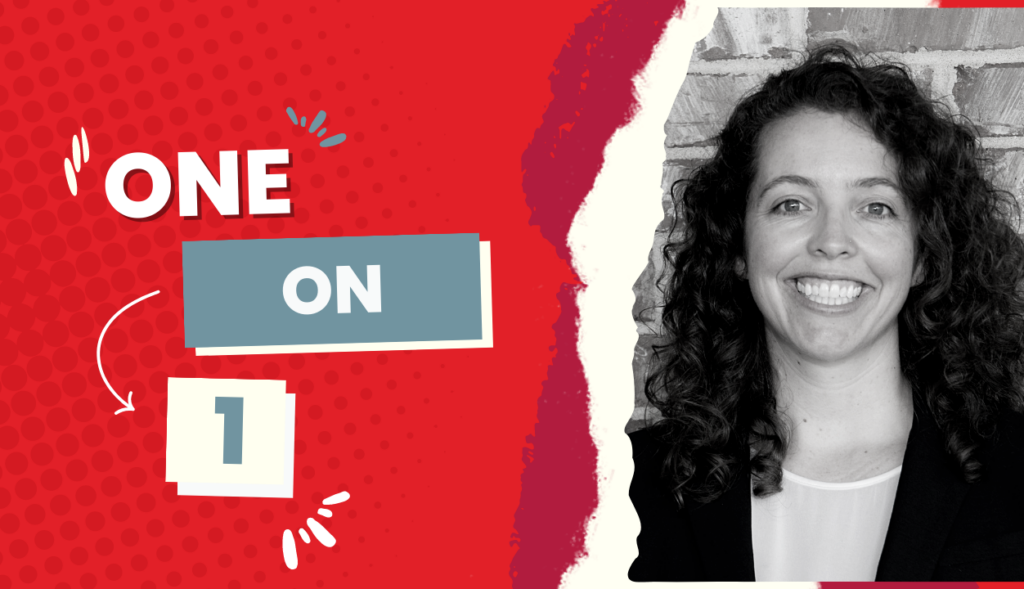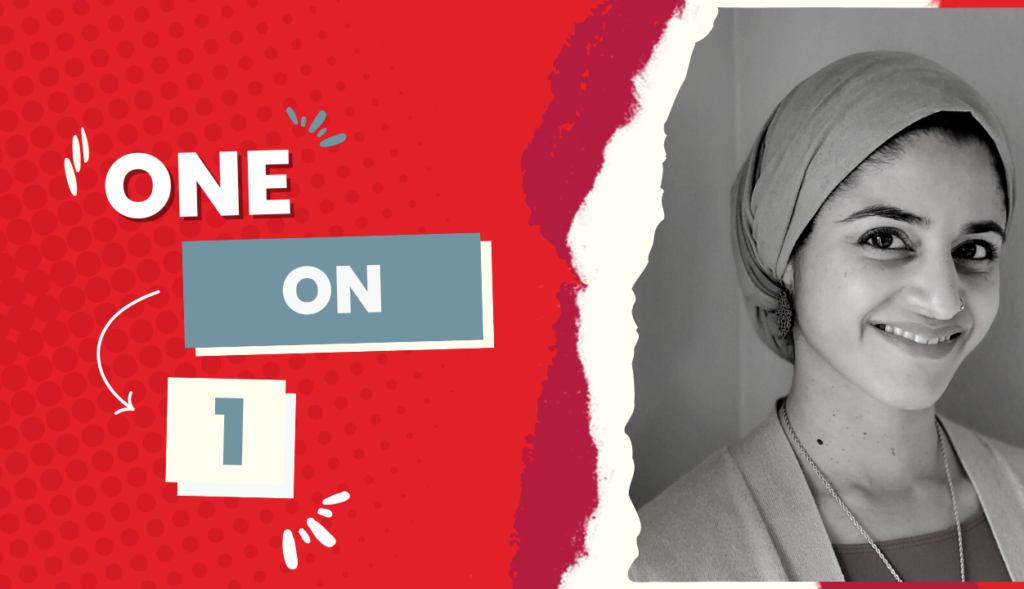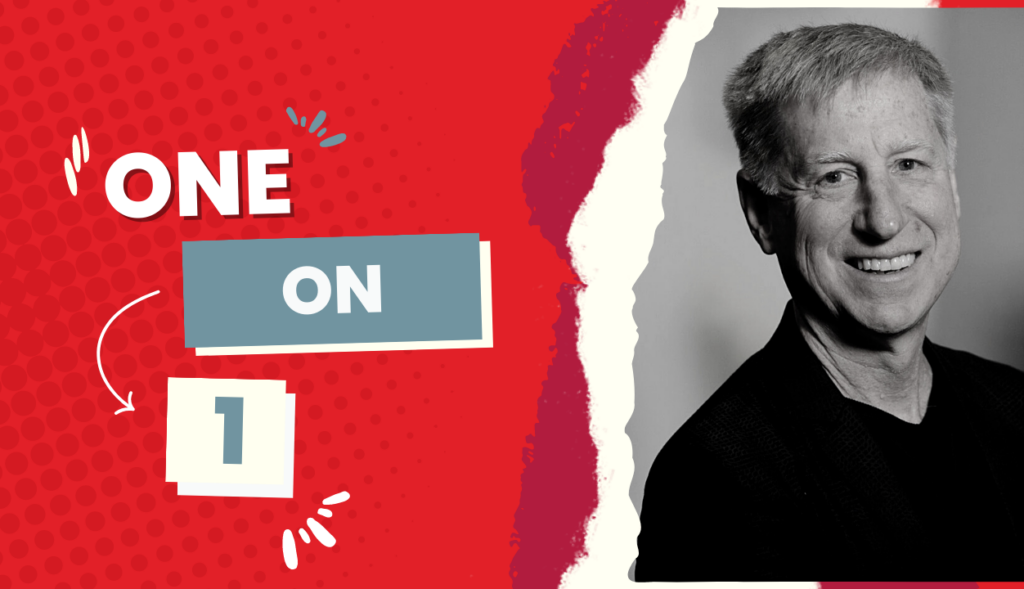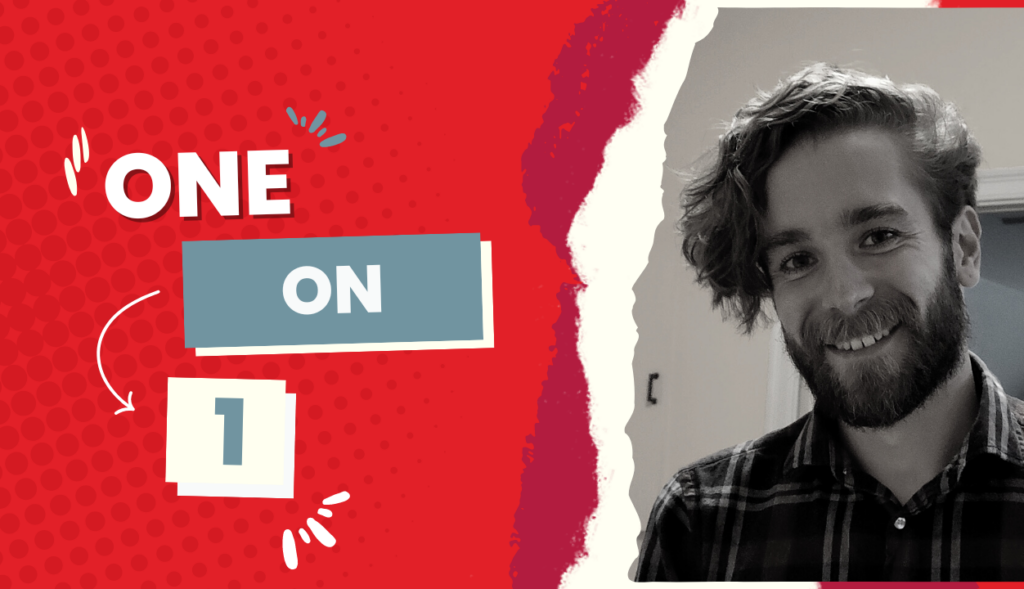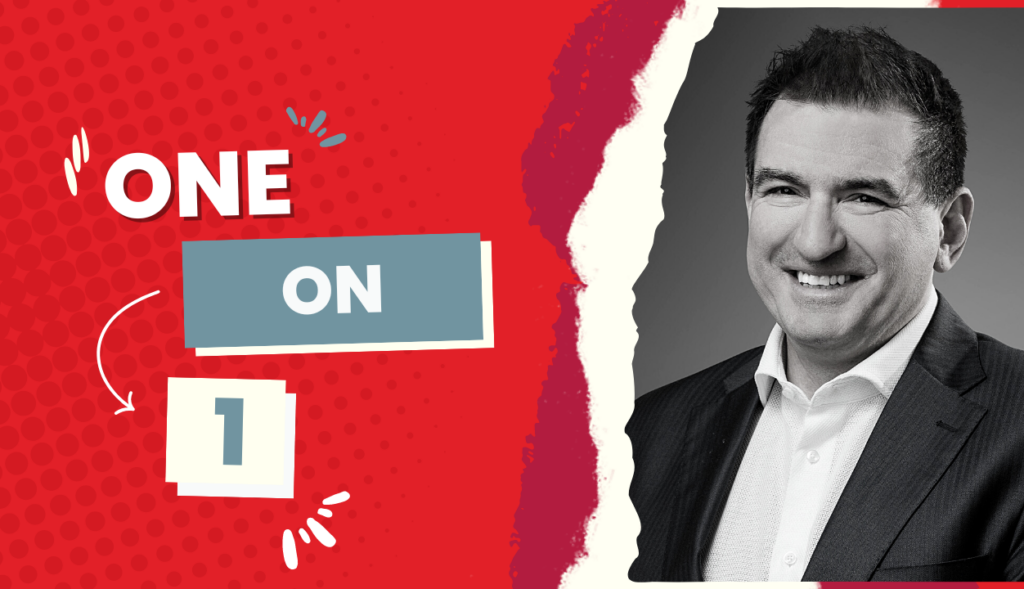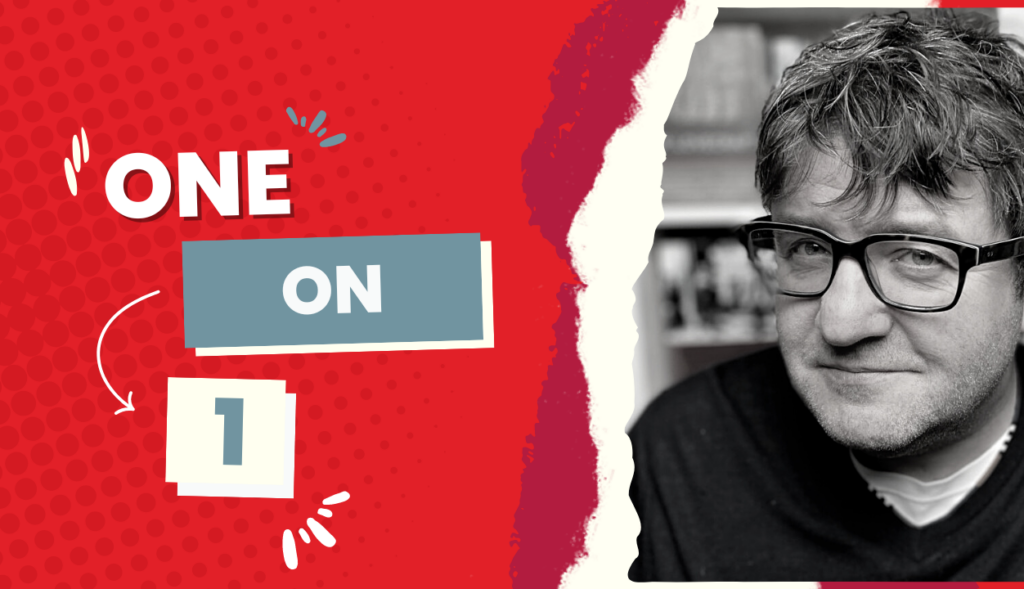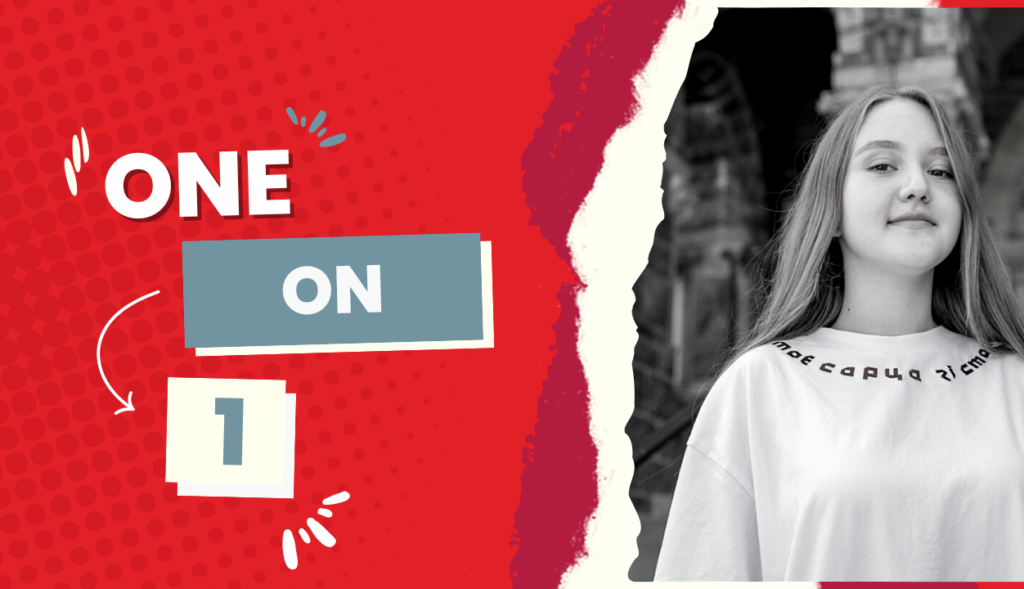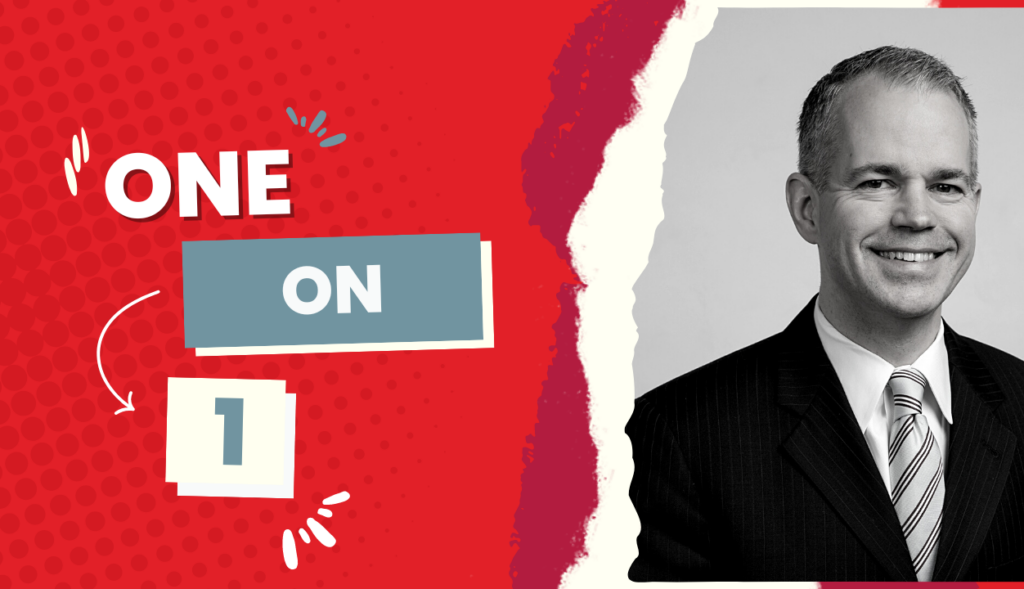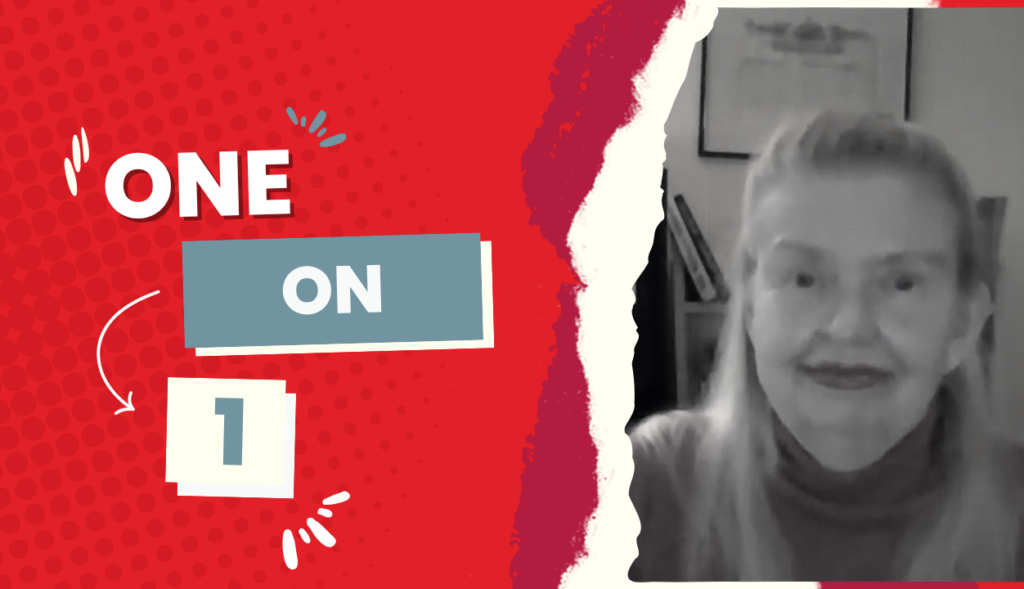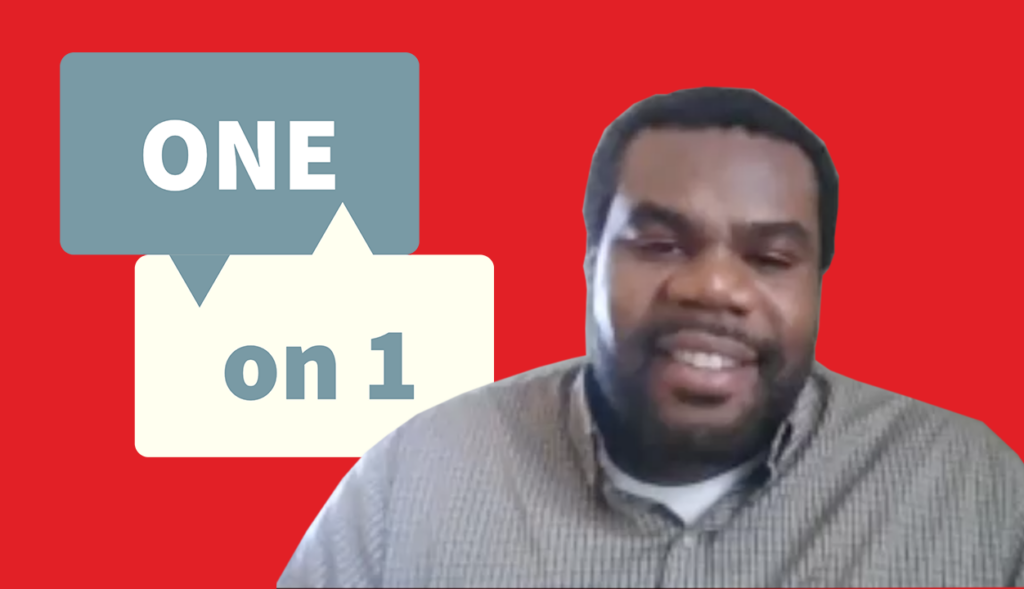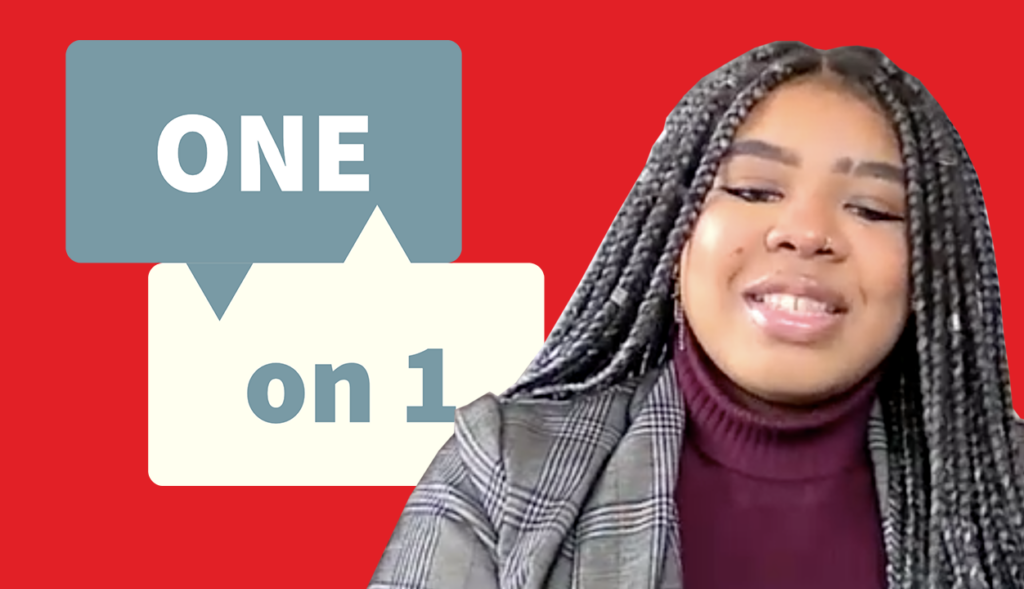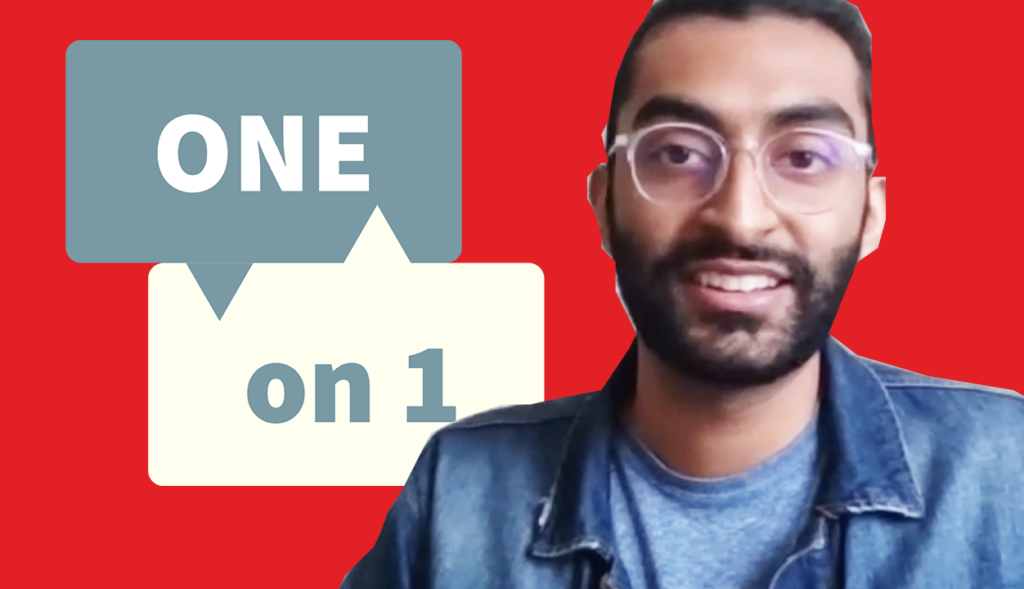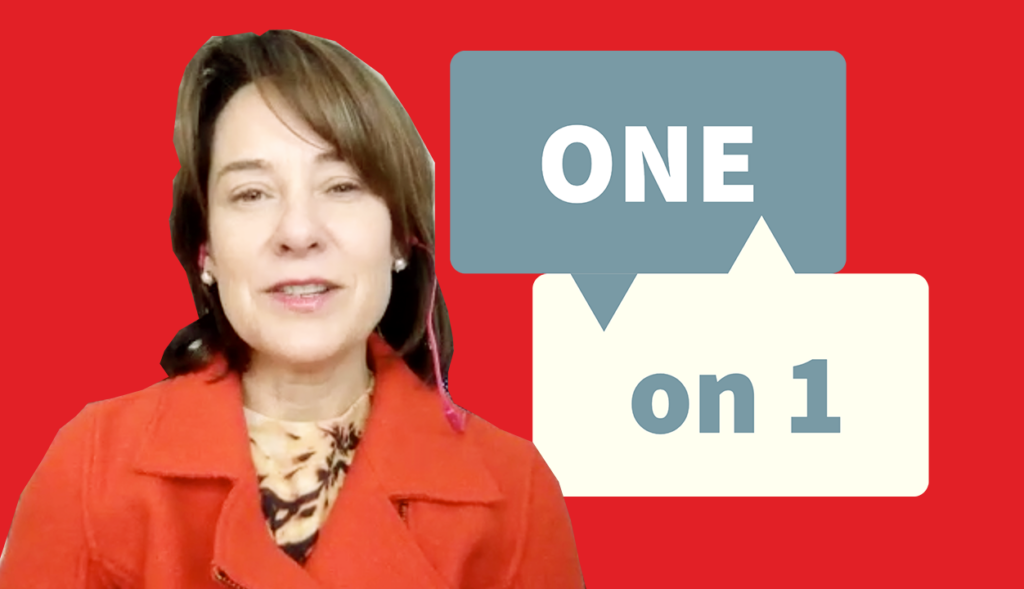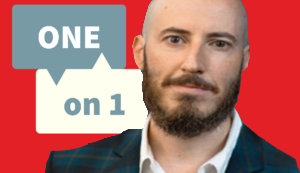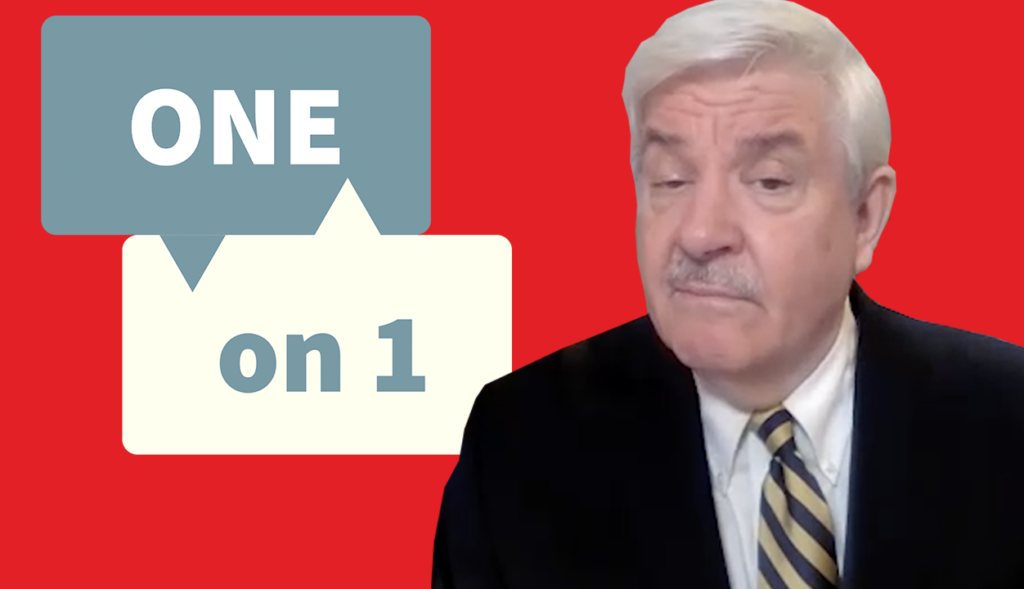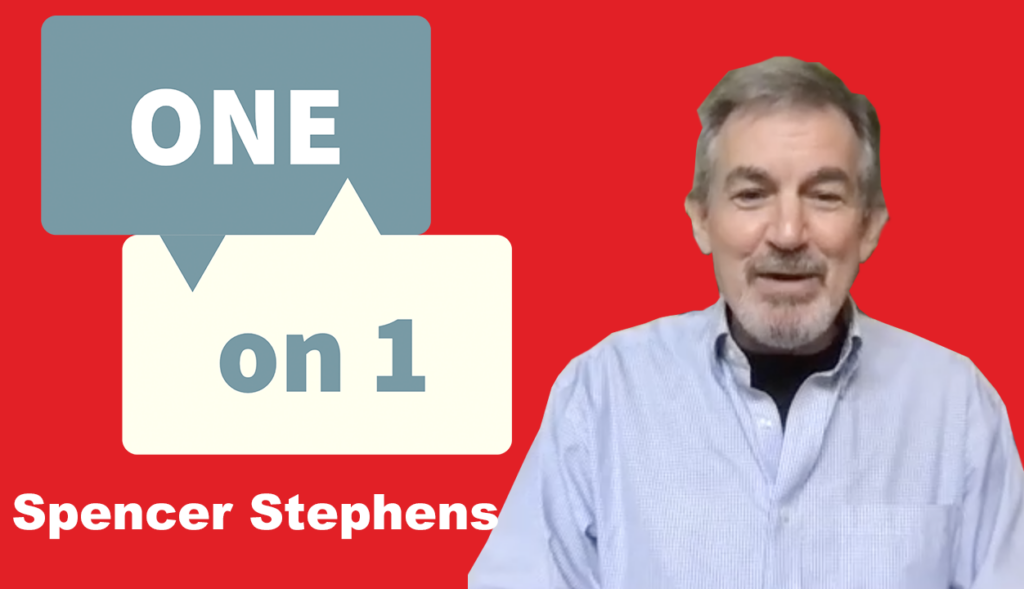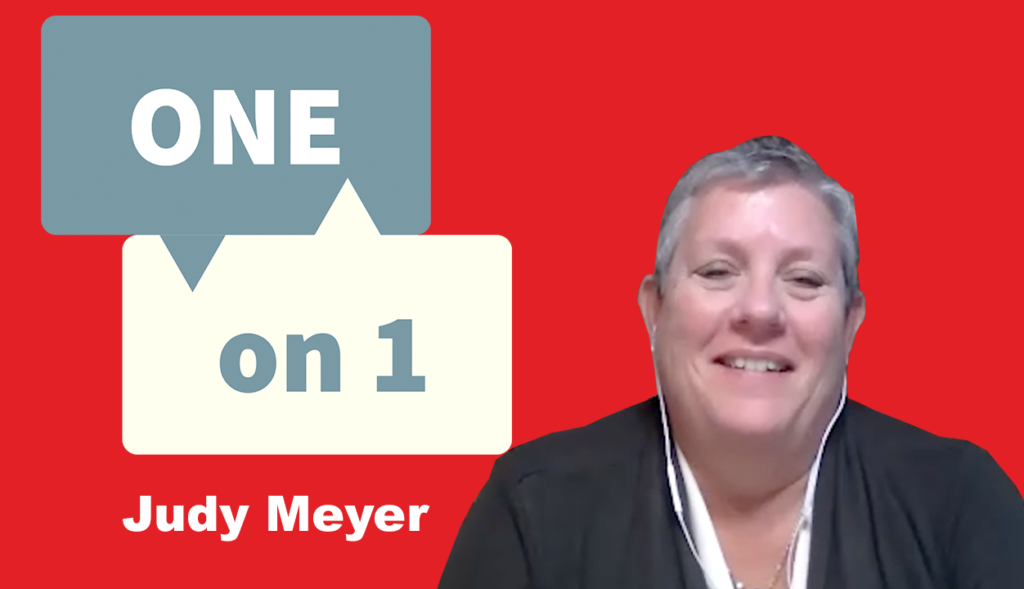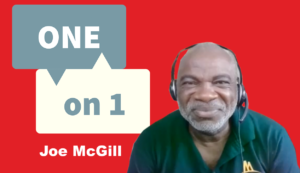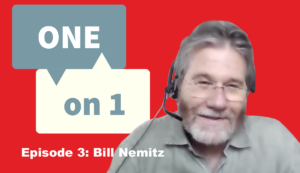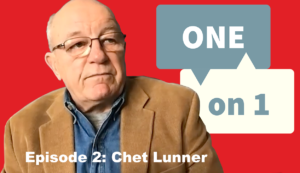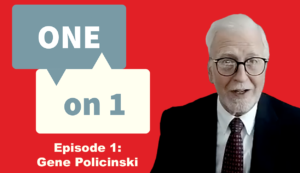One on 1: First Amendment Interview Series
In the One on 1 series, you’ll hear from various people who have personal experience with and viewpoints on the First Amendment.
These short, in-depth interviews reveal how Americans practice and value their First Amendment freedoms and will encourage you to do the same.
Episode 34: Joseph Lewis Webster
“The First Amendment is vital to how we are able to express ourselves creatively here in America.”
Joseph Lewis Webster is a New Yorker who works for a prestigious talent management firm representing some of the biggest names in the entertainment industry. He sat down for a chat about the First Amendment and how it relates to his work, upbringing, and daily life.
Episode 33: Finn Lau
“As a Hong Konger, I don’t want the world to face the same fate. We have to learn from the painful lesson of Hong Kong.”
Finn Lau is an activist and political exile from Hong Kong who now lives in the UK. Lau shares his work in founding the groups Hong Kong Liberty and Stand with Hong Kong, which work to liberate Hong Kong, and discusses the CCP’s crackdown on free speech.
Episode 32: Debbie Deland
“You know, we need women watching and then women voting to stop this extremist agenda.”
Debbie Deland, president of the Florida National Organization for Women (NOW) and the Greater Orlando NOW chapter. NOW is the largest organization of feminist grassroots activists in the United States. Their mission is to take action through intersectional grassroots activism to promote feminist ideals, lead societal change, eliminate discrimination, and achieve and protect the equal rights of all women and girls in all aspects of social, political, and economic life.
Episode 31: Rabbi Menachem Creditor
“You know, I think activism is actually an amplified vision of being human.”
Menachem Creditor is a Rabbi, activist, and scholar in residence at the United Jewish Appeal (UJA) – Federation of New York. UJA is the world’s largest local philanthropy, funding a network of hundreds of nonprofits and seed grassroots organizations that can work individually and together to respond to ongoing challenges and emerging issues and care for Jews everywhere and New Yorkers of all backgrounds.
Episode 30: Tarah Demant
“You have human rights because you are human and not because they are written down.”
Tarah Demant is the Interim National Director of Programs, Advocacy, and Government Affairs at Amnesty International. Amnesty International is the world’s largest grassroots human rights organization, demanding human rights for all people – no matter who they are or where they are.
Episode 29: Sumayyah Waheed
“I think it’s really important to remember that the First Amendment is a limitation on government power.”
Sumayyah Waheed is a Senior Policy Counsel at Muslim Advocates. Muslim Advocates is a national civil rights organization working to ensure American Muslims have a seat at the table with expert representation so that all Americans may live free from hate and discrimination.
Episode 28: Eugene Procknow
“The only way that these freedoms are protected is that we exercise them and we do our part.”
Eugene Procknow discusses his book, William Hunter: Finding Free Speech – A British Soldier’s Son Who Became an Early American. After witnessing the terrors of the American Revolution as a soldier’s son, William Hunter immigrated to America and became a gutsy Kentucky newspaper editor and a prominent politician, businessman, and community leader.
Episode 27: Wil Thieme
“Being critical of people or the things they say is not being critical of their right to say it.”
Wil Thieme is a member of the Maine Democratic Socialists of America (DSA), the largest socialist organization in the United States. DSA members use a variety of tactics, from legislative to direct action, to fight for reforms that empower working people. Thieme shares how the First Amendment is used or affects his work in his local DSA chapter.
Episode 26: Marc Randazza
“The government cannot suppress speech it doesn’t like.”
Marc Randazza is a First Amendment attorney and political commentator. In this interview, Randazza discusses the importance and nuances of our freedom of speech and expression while sharing some of his experiences as a First Amendment lawyer.
Episode 25: Malcolm Gaskill
“There should be reason and rationality in religion as well as in society more generally.”
Malcolm Gaskill is an Emeritus Professor of Early Modern History at the University of East Anglia, specializing in the social and cultural history of seventeenth-century trans-Atlantic culture, particularly the history of witchcraft. Gaskill discusses his new book The Ruin of All Witches: Life and Death in the New World, the story of a witch-panic in a New England frontier community.
Episode 24: Tanya Tkachenko
“Journalism, now, is a very, very great resource for Ukrainians to get information–especially during the war.”
Tanya Tkachenko is a Ukrainian junior reporter with Youth Journalism International and a student of international affairs at Georgetown University. Earlier this year, Tkachenko fled her home in Lozova, Ukraine, leaving behind her parents. In this interview, she shares her thoughts and experiences on press freedom and the war in Ukraine.
Episode 23: Michael Bindas
“It’s important to recognize that the First Amendment isn’t the source of these rights. The First Amendment isn’t the source of your right to free speech or to the free exercise of religion. It’s the source of protection for those rights.”
Michael Bindas, senior attorney with the Institute for Justice, recently argued before the Supreme Court in the controversial case Carson v. Makin. In this interview, Bindas will share his thoughts on educational choice and discuss his role in securing the right of parents to make decisions concerning their children’s education.
Episode 22: Susan Jacoby
“But if there was ever a fallible human document, it is the Constitution.”
Susan Jacoby is an author who has written on the history of reason, atheism, secularism, and religious liberty. In this video, she will discuss her opinions on an “Age of American Unreason,” a callback to her 2008 New York Times bestseller.
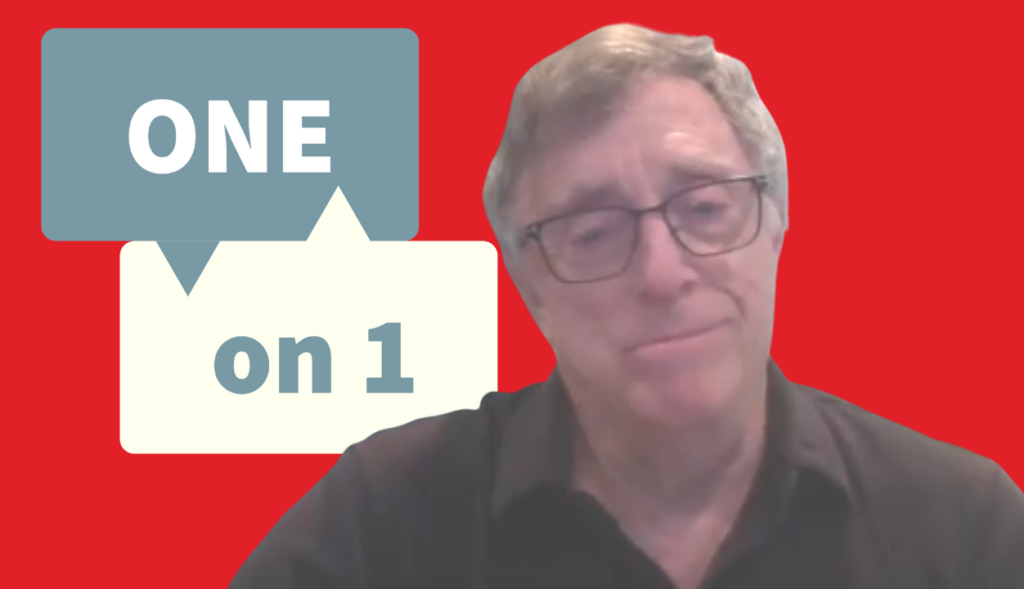
Episode 21: Ira Lupu
” … No One Should Be Coerced Into Praying.”
Ira Lupu, a lawyer and professor at George Washington University, discusses the ideas behind his recent article, “Kennedy V. Bremerton School District – A Sledgehammer to the Bedrock of Nonestablishment,” published on June 28, 2022.
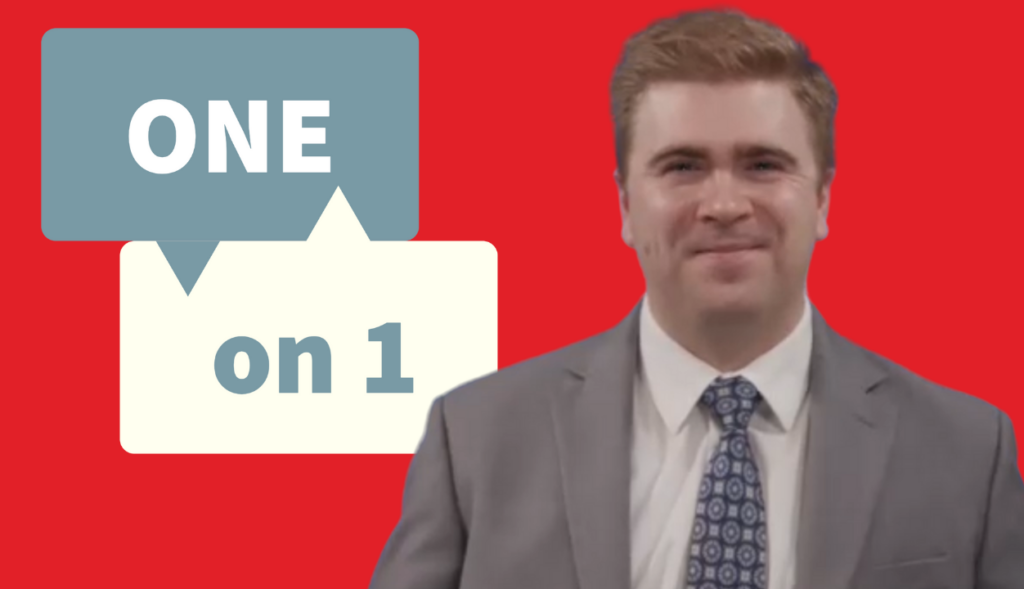
Episode 20: Logan Spena
“We need to get back to recognizing that free speech is valuable even if it doesn’t contribute to some political objective that we have.”
Logan Spena is a legal counsel for the Center for Academic Freedom with Alliance Defending Freedom. Spena discusses his perspective on the status of the First Amendment, specifically on our freedom of speech.

Episode 19: Ilya Somin
“To exercise your religion… you have to not only have some sort of religious status but also use your time, effort, and resources to practice your religion.”
Ilya Somin, a professor of law at George Mason University, discusses the ideas behind his article, “Why the Supreme Court got it right in the Maine Voucher Case,” published on June 21, 2022.
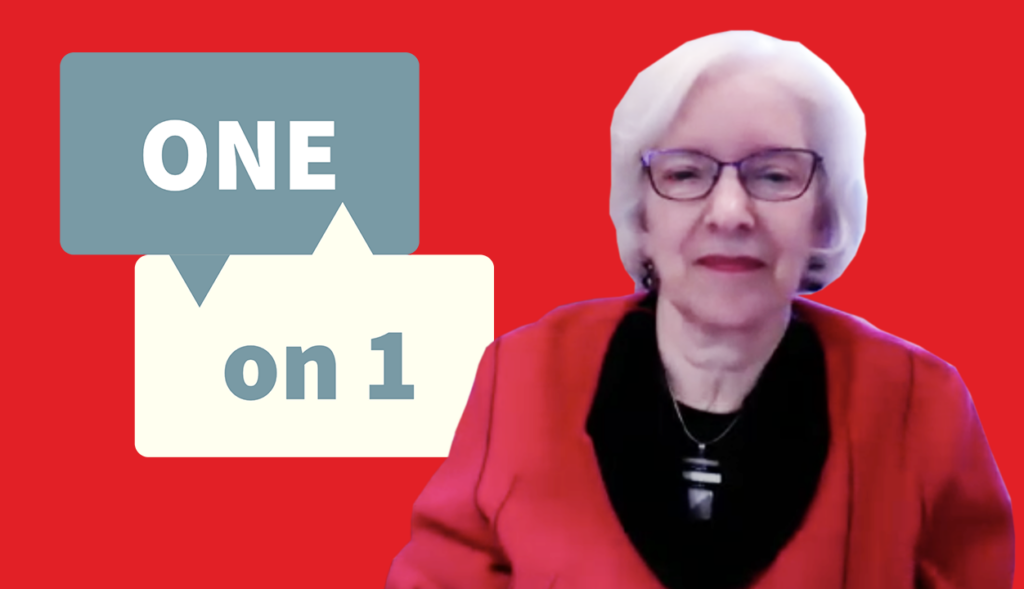
Episode 18: Judith Shatin
“Music is a form of speech.”
Judith Shatin, composer and William R. Kenan Jr. Professor Emerita at the University of Virginia, discusses her new piece, Respecting the First (Amendment), created for the San Jose Chamber Orchestra.
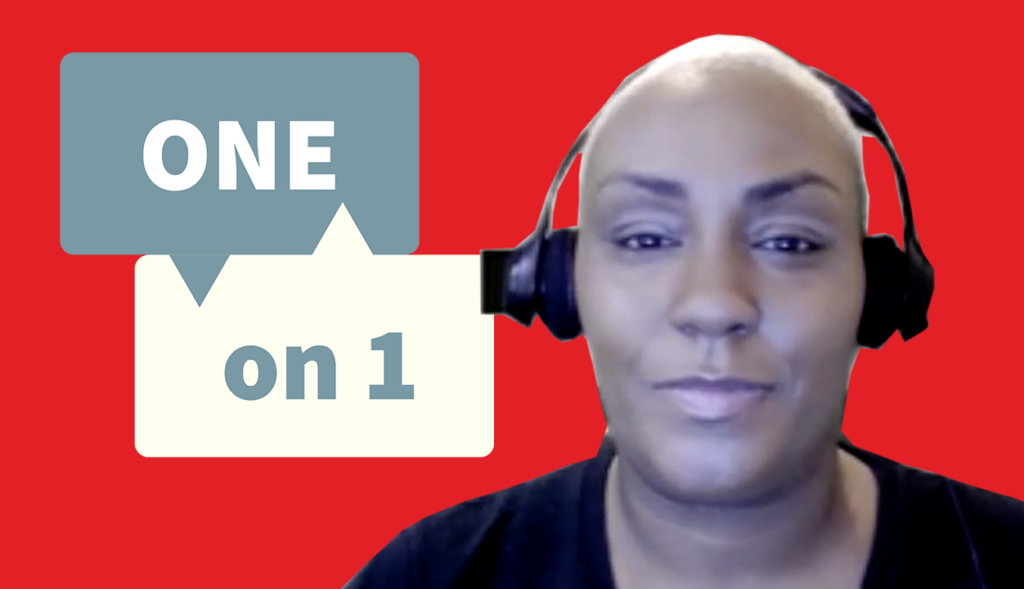
Episode 17: Mandisa Thomas
“We should respect each other in our beliefs and non-beliefs.”
Mandisa Thomas, founder and president of Black Nonbelievers, Inc. discusses her perspective as a secular activist and atheist, and the importance of religious freedom.
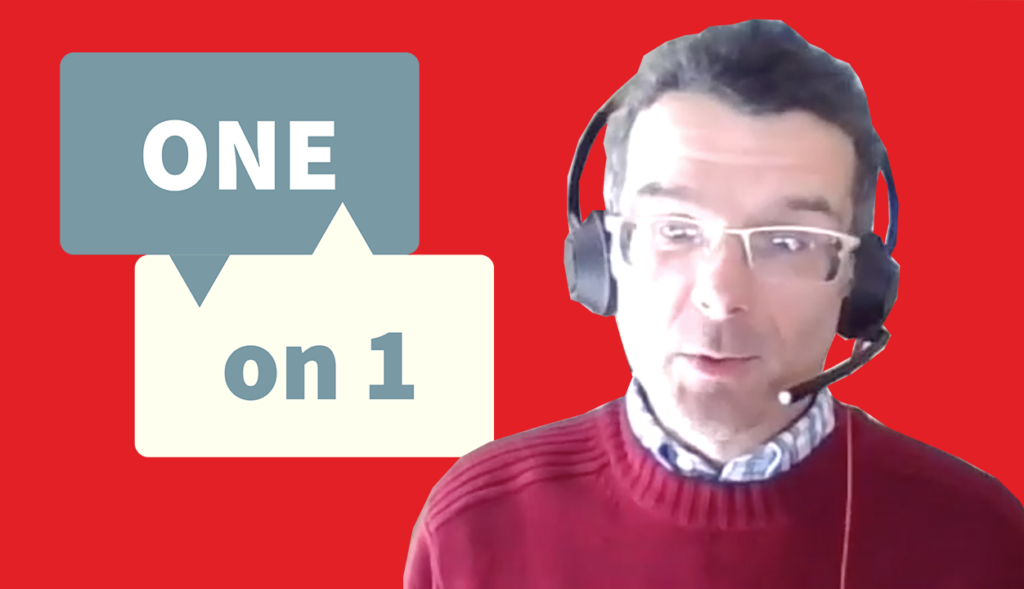
Episode 16: Steve Greenlee
“Social media and hyper-partisan media are ruining civil discourse.”
Steve Greenlee, Executive Editor of the Portland Press Herald, discusses the unique challenges that the press faces today, the impact you can have by telling people what’s going on, and the threat of social media algorithms on reporting.
Episode 15: Reginald Parson
“The closer you are to your government, the more impactful it is.”
Reginald Parson, Senior Legislative Aide and Policy Analyst with the Speaker’s Office in the Maine Legislature, discusses the importance of using your First Amendment freedoms to enact change within your community, through your local government.
Episode 14: Gerrin Alexander
“Let me do something that’s going to empower myself and then empower other people to step forward.”
Gerrin Alexander, co-founder of the Chicago Thinker, a student-run, conservative publication from the University of Chicago, discusses why she founded the publication, as well as her experiences with free speech on campus as both a conservative and a woman of color.
Episode 13: Nikhil Mandalaparthy
“Religious freedom is a fundamental value for any pluralistic, diverse society.”
Nikhil Mandalaparthy, Advocacy Director with Hindus for Human Rights, discusses the importance of religious pluralism with the threats of rising religious nationalism both in India and the US.
Episode 12: Andrea Picciotti-Bayer
“Religious freedom is treated as a second-class right when we’re looking at other civil rights.”
Andrea Picciotti-Bayer, director of the Conscience Project, touches on the topic of religious exemption when it comes to the vaccine mandate, as well as other current-day issues around religious freedom.
Episode 11: Ian Rosenberg
“To promote social change, to help our society evolve, and to protect our democracy.“
Ian Rosenberg, media lawyer, legal counsel for ABC News, and author of “The Fight for Free Speech” and “Free Speech Handbook,” talks to us about how students needed a resource to turn to understand their rights.
Episode 10: Andy Humm
“If you can’t freely speak out, how do you change anything?“
Andy Humm, journalist, activist, and co-host of the TV news program Gay USA, talks to us about free speech, including how his community found their voice to stand up for LGBTQ+ rights.
Episode 9: Spencer Stephens
“The wider availability that books have, the better off we are. “
As an author, Stephens can appreciate the role that the First Amendment has, and shares with us his opinion on censorship, banning books, and how you can use the First Amendment in your daily life.
Episode 8: Judy Meyer
“If you see something that’s wrong, you speak up and do what you can to fix it.”
With decades of experience in journalism, Sun Journal executive editor Judy Meyer talks about how we can change our world with the First Amendment.
Episode 7: Joe McGill
“Freedom for African Americans came with restrictions.”
Joe McGill, the founder of the Slave Dwelling Project, speaks about the history and legacy of Juneteenth, as well as his thoughts on the long struggle African Americans have fought to access their First Amendment rights.
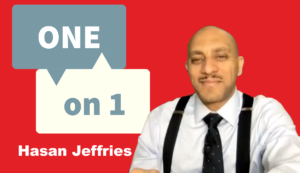
Episode 6: Hasan Jeffries
“They were written on paper, not on stone.”
Hasan Jeffries, professor of Civil Rights & Black Power history, author, and podcast host, touches on how speaking up has shaped our culture, how the First Amendment is critical when thinking about the Black experience, and why “freedom for the thought that we hate” is most important.
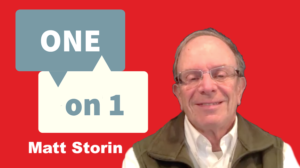
Episode 5: Matt Storin
“The First Amendment is like the owner’s manual.”
Matt Storin is the former editor of the Boston Globe. He talks to us about how the freedom of the press protected himself and his newspaper from being sued for reporting on the truth.
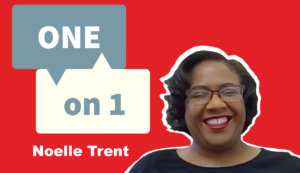
Episode 4: Noelle Trent
“The First Amendment is Americans’ superpower.”
Noelle Trent is the Director of Interpretation, Collections & Education at the National Civil Rights Museum. She talks to us about the movement in the wake of George Floyd’s murder, differences between the protests of today and in the ’60s, and how the First Amendment is Americans’ “superpower”.
Episode 3: Bill Nemitz
“WRDS MTR: We need to listen to each other.”
Bill Nemitz is an opinion columnist for the Portland Press Herald, and has worked in journalism for four decades. He tells us about his experiences with the First Amendment –including thoughts on the “c-word” (censorship), Governor Paul LePage, and vulgar vanity plates.
Episode 2: Chet Lunner
“Fake news: not a new problem, it’s a new platform.”
Chet Lunner, national correspondent, press secretary, and intel officer, has a unique perspective on the role of fake news, the First Amendment, and our national government.
Episode 1: Gene Policinski
“Educating people about their five freedoms is a life’s work.”
Gene Policinski is the senior fellow for the First Amendment at the Freedom Forum, and president and chief operating officer of the Freedom Forum Institute.


